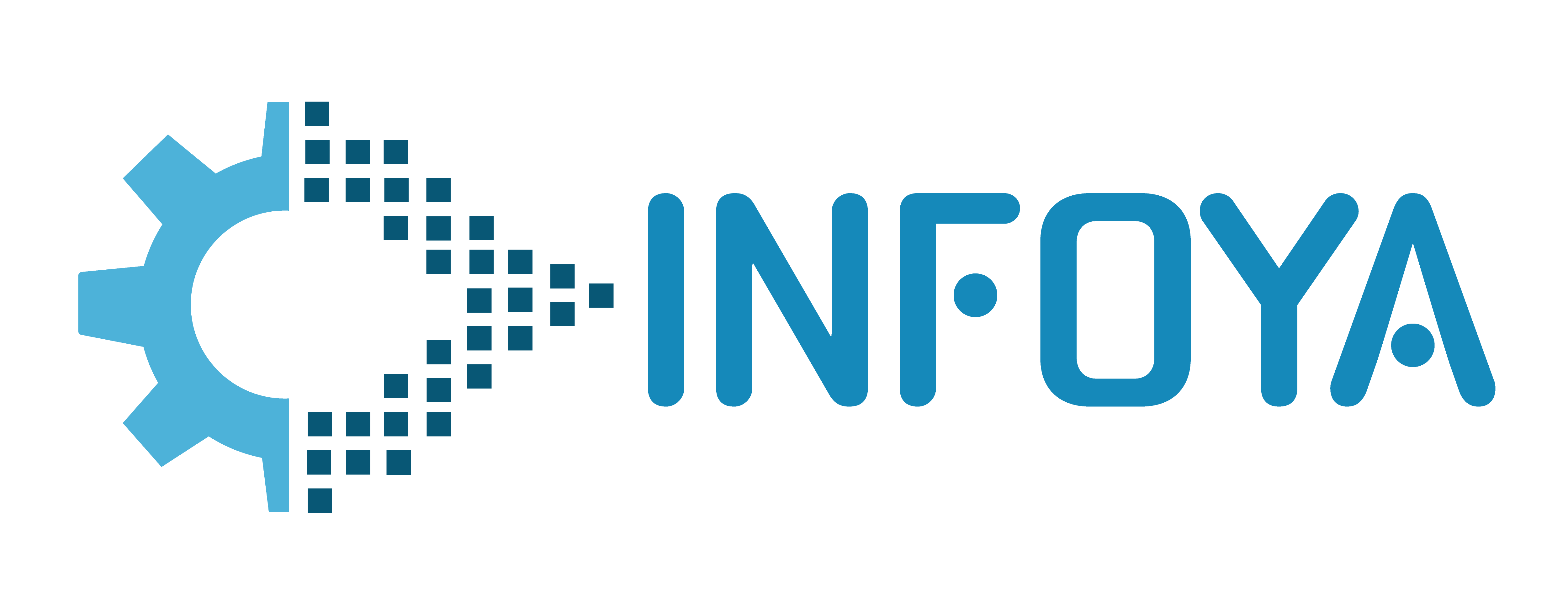
Next-Gen Tehnologies and its relevance in Today’s Market.
The IT market is undergoing a profound transformation driven by the emergence of next-generation technologies such as Artificial Intelligence (AI), Cloud Computing, Blockchain, and the Internet of Things (IoT).
These technologies are not only reshaping the landscape of the IT industry but also revolutionizing the way businesses operate across various sectors. From enhancing decision-making processes through predictive analytics to ensuring robust security measures with advanced threat detection, these innovations are paving the way for a more efficient, secure, and interconnected business environment.
As companies strive to stay competitive in a rapidly evolving market, the adoption and integration of these technologies are becoming essential.
These technologies are not only reshaping the landscape of the IT industry but also revolutionizing the way businesses operate across various sectors. From enhancing decision-making processes through predictive analytics to ensuring robust security measures with advanced threat detection, these innovations are paving the way for a more efficient, secure, and interconnected business environment.
As companies strive to stay competitive in a rapidly evolving market, the adoption and integration of these technologies are becoming essential.
How are these technologies being Used?
In the business world, these next-generation technologies are being applied in diverse and impactful ways. AI and Machine Learning are enabling businesses to analyze vast amounts of data, predict trends, and automate routine tasks, thereby improving efficiency and reducing costs. Cloud Computing offers scalable and flexible IT infrastructure, allowing businesses to store and process data more effectively and access resources on-demand. Blockchain technology provides secure and transparent methods for managing transactions and contracts, significantly enhancing trust and reducing the risk of fraud. IoT is connecting devices and systems, leading to smarter and more responsive environments in industries like manufacturing, healthcare, and logistics.
Moreover, 5G technology is facilitating faster data transfer and real-time communication, which is crucial for applications like autonomous vehicles and smart cities. Quantum Computing, though still in its nascent stages, promises to solve complex problems that are currently beyond the reach of classical computers. Robotic Process Automation (RPA) is streamlining business processes by automating repetitive tasks, thus freeing up human resources for more strategic activities. Augmented Reality (AR) and Virtual Reality (VR) are creating immersive experiences that can transform customer engagement, training, and data visualization. Data Analytics and Big Data are enabling data-driven decision-making, providing businesses with valuable insights to optimize operations and strategies.
Moreover, 5G technology is facilitating faster data transfer and real-time communication, which is crucial for applications like autonomous vehicles and smart cities. Quantum Computing, though still in its nascent stages, promises to solve complex problems that are currently beyond the reach of classical computers. Robotic Process Automation (RPA) is streamlining business processes by automating repetitive tasks, thus freeing up human resources for more strategic activities. Augmented Reality (AR) and Virtual Reality (VR) are creating immersive experiences that can transform customer engagement, training, and data visualization. Data Analytics and Big Data are enabling data-driven decision-making, providing businesses with valuable insights to optimize operations and strategies.
What happens if you Avoid It?
Many businesses don't realize the potential that data holds.
However, companies that avoid implementing these next-generation technologies may face significant risks. Without the competitive edge provided by advanced analytics, automation, and connectivity, businesses may struggle to keep up with market trends and customer expectations. The lack of robust cybersecurity measures could leave them vulnerable to data breaches and cyberattacks, resulting in financial losses and reputational damage. Furthermore, the inefficiencies and limitations of traditional IT infrastructures might hinder their ability to innovate and scale, putting them at a disadvantage in a fast-paced digital economy.


Artificial Intelligence: The Future is Here
AI is like having a super-smart assistant that can help you with tasks, both big and small. Imagine a computer program that can learn from experience, make decisions, and even understand human language!
AI is everywhere these days, from recommending movies you might like on streaming platforms, to powering smart home devices that adjust your thermostat, to helping doctors diagnose diseases more accurately. It's designed to make our lives easier and more efficient.
How does it work? At its core, AI uses algorithms, which are sets of rules or instructions, to process data and make decisions. It's similar to how you learn from past experiences to make better choices. AI systems are trained on large amounts of data so they can recognize patterns and solve problems on their own.
The beauty of AI is that it's always learning and adapting, constantly improving its accuracy and effectiveness. Whether it's helping you find your next favorite song or keeping your email free from spam, AI is a powerful tool that enhances how we live and work.
AI is everywhere these days, from recommending movies you might like on streaming platforms, to powering smart home devices that adjust your thermostat, to helping doctors diagnose diseases more accurately. It's designed to make our lives easier and more efficient.
How does it work? At its core, AI uses algorithms, which are sets of rules or instructions, to process data and make decisions. It's similar to how you learn from past experiences to make better choices. AI systems are trained on large amounts of data so they can recognize patterns and solve problems on their own.
The beauty of AI is that it's always learning and adapting, constantly improving its accuracy and effectiveness. Whether it's helping you find your next favorite song or keeping your email free from spam, AI is a powerful tool that enhances how we live and work.
The Good News
Adopting next-generation technologies offers increased efficiency enhanced security, improved decision-making, and greater flexibility. AI and ML automate tasks and provide data insights, while Cloud Computing offers scalable solutions. Blockchain ensures secure transactions, and IoT connects devices for smarter operations. Implementing these technologies requires strategic planning and investment, starting with identifying business needs and selecting appropriate technologies. Collaborating with IT consultants like Infoya ensures seamless integration and maximizes return on investment.

